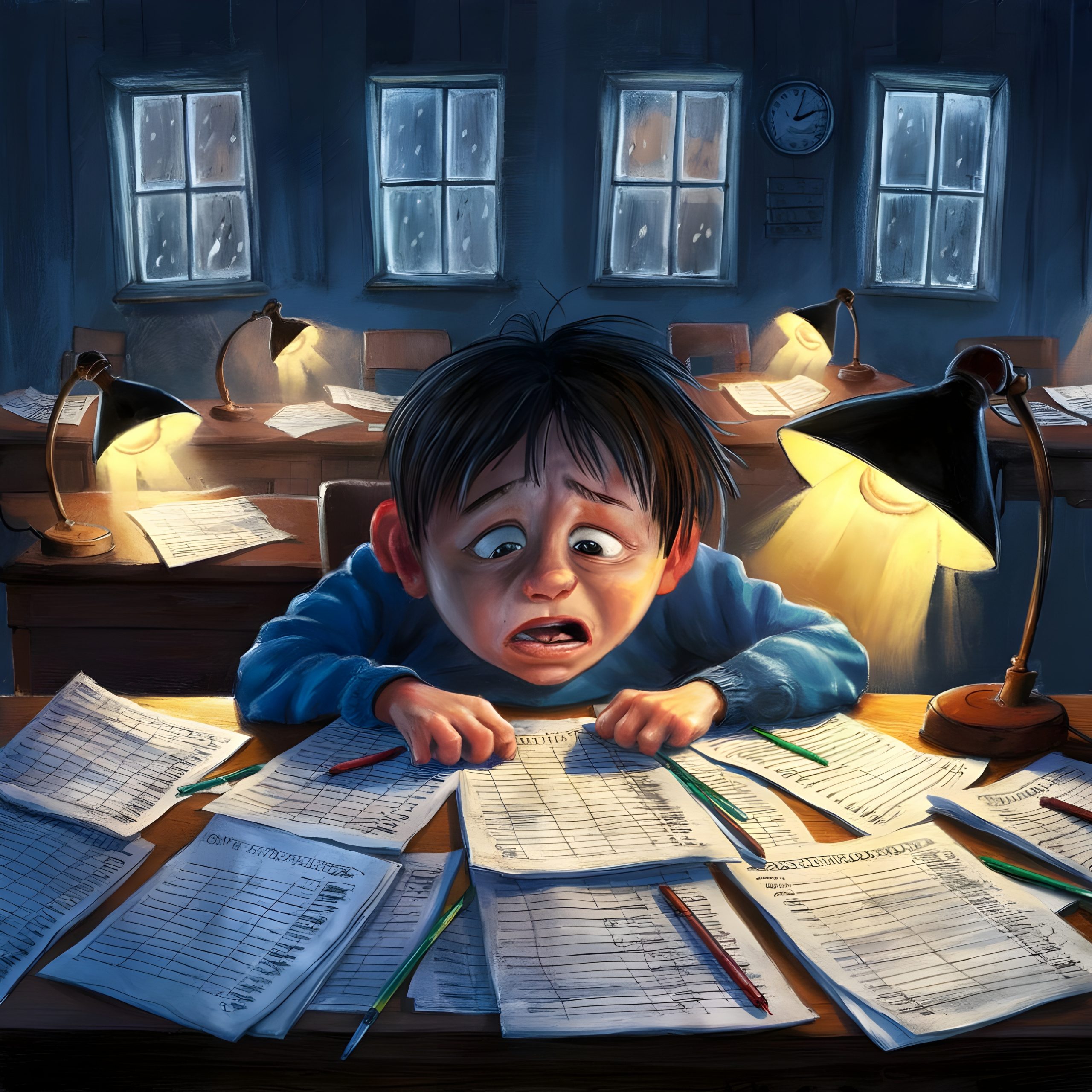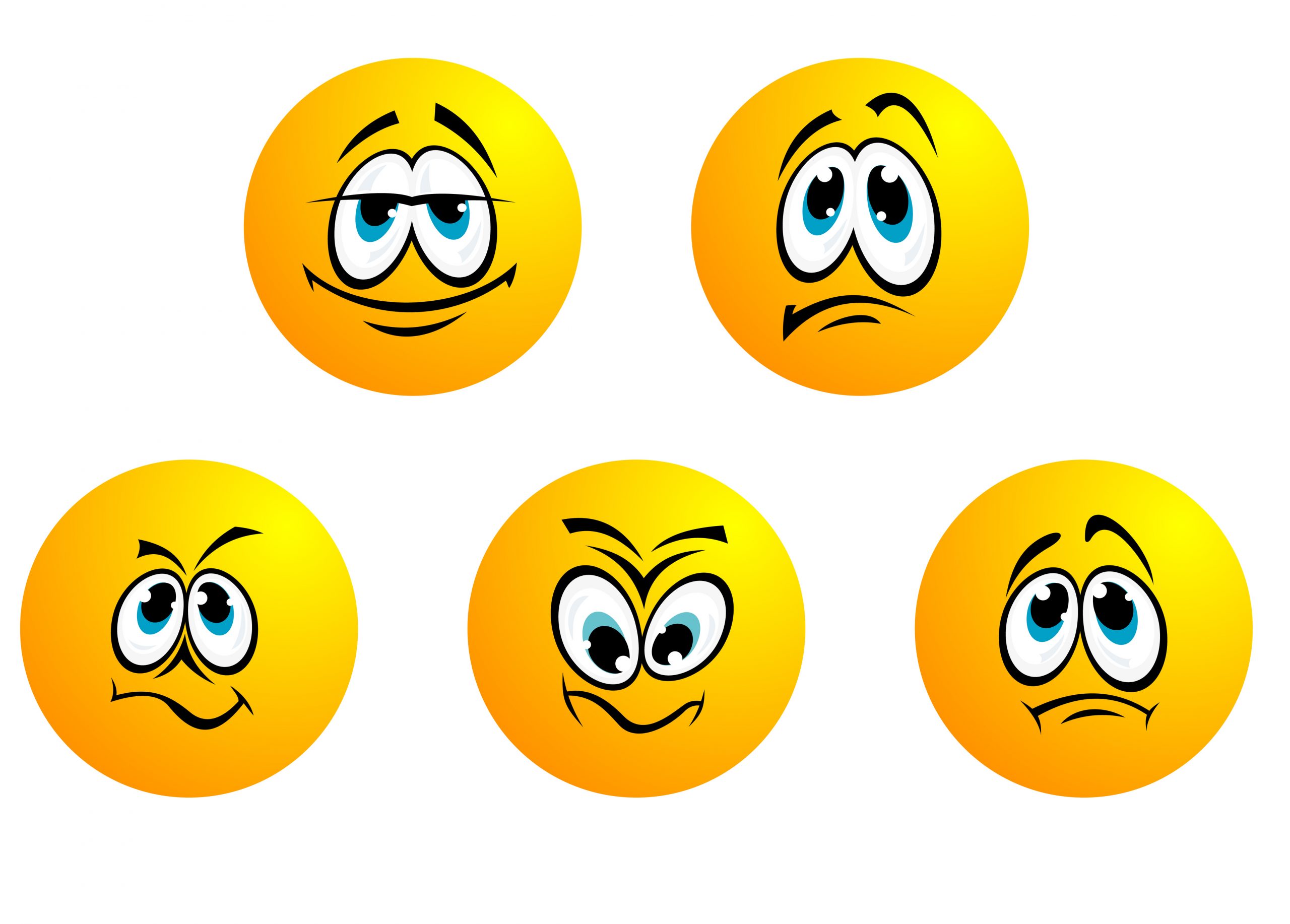Targeting Executive Function Skills: The Key to Effectively Managing Conduct and Other Behavioral Disorders in Children
Children with conduct disorder often exhibit persistent patterns of aggressive and antisocial behavior, posing significant challenges to their success at school and home. Their behavior can become disruptive in schools, impacting the learning environment for other children and challenging educators. Understanding the underlying mechanisms that...


































